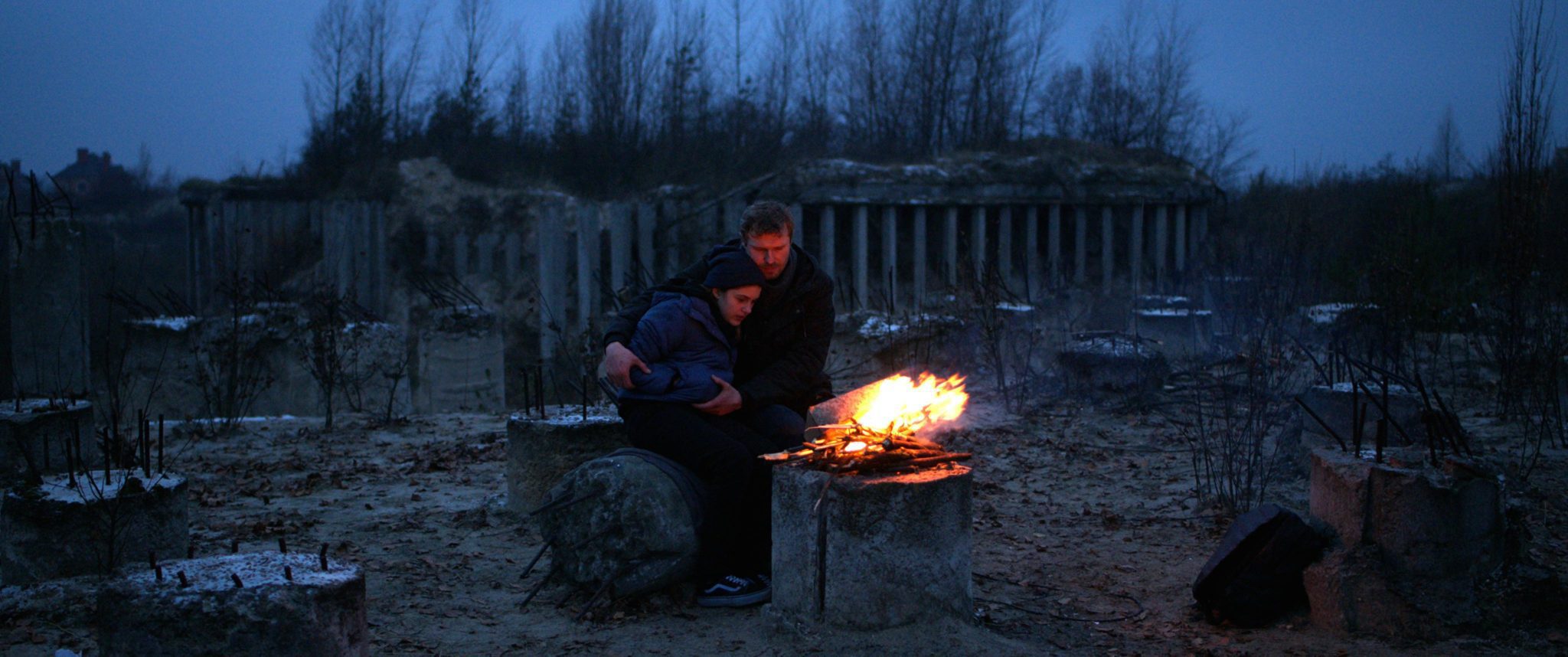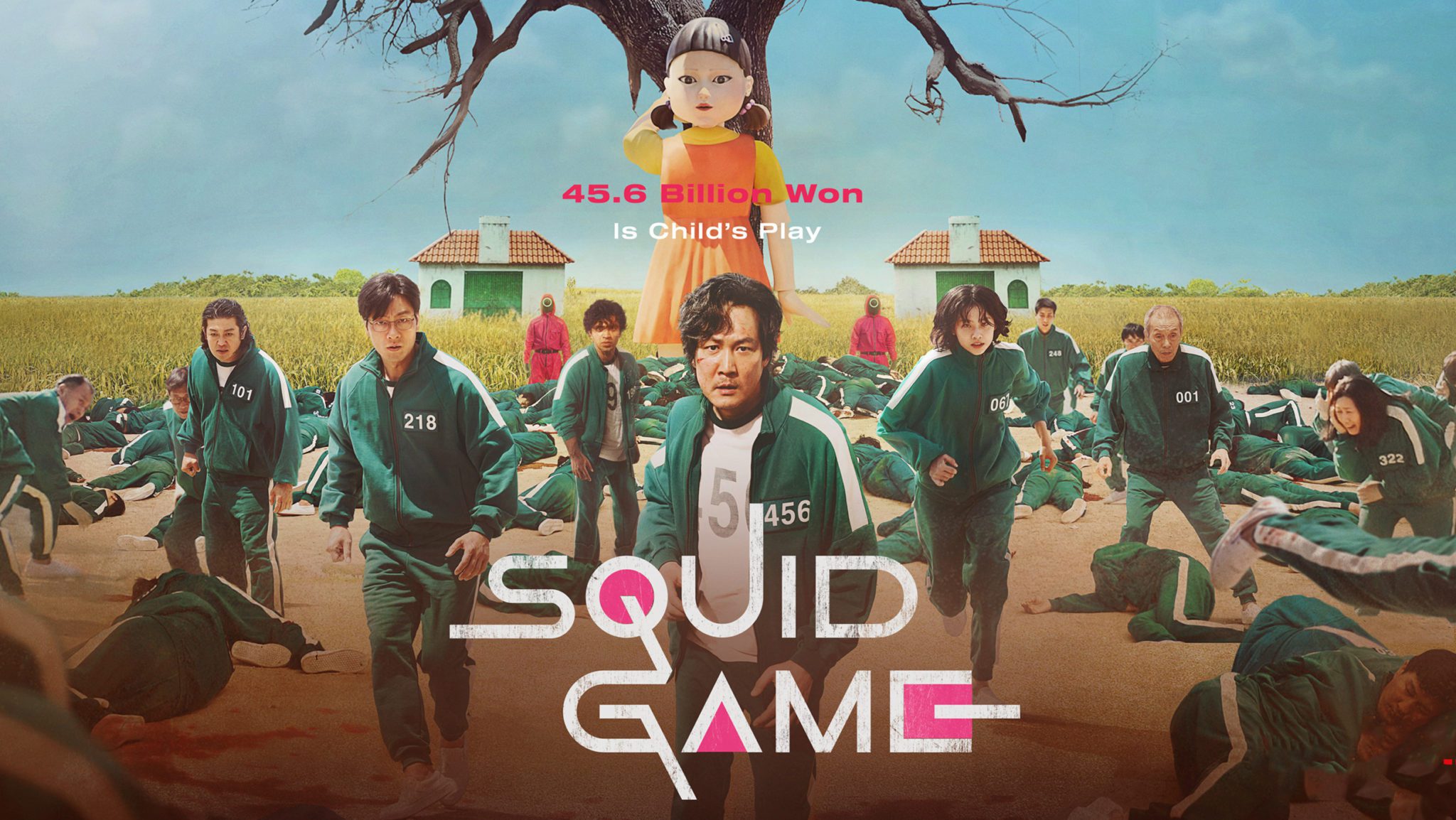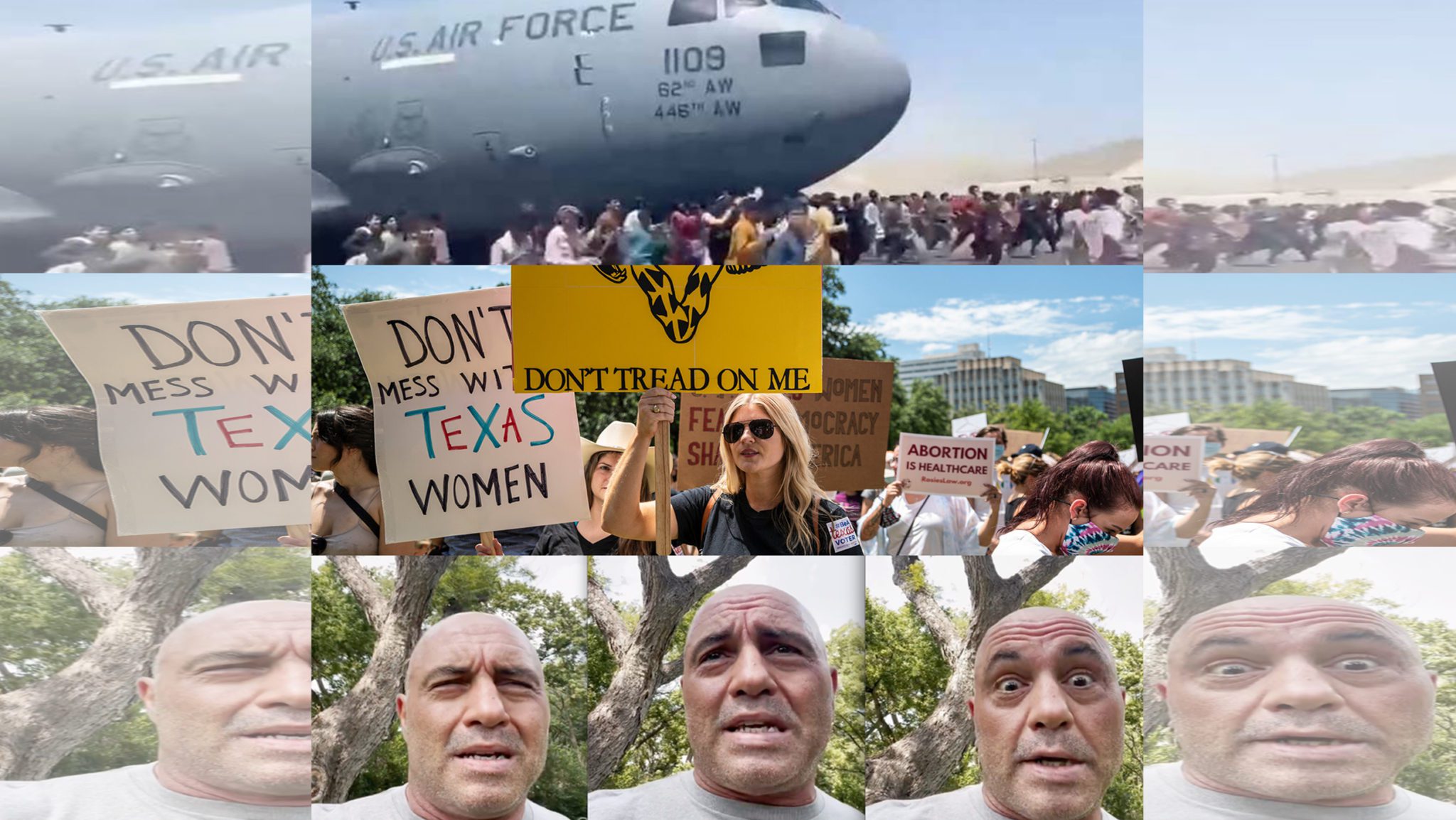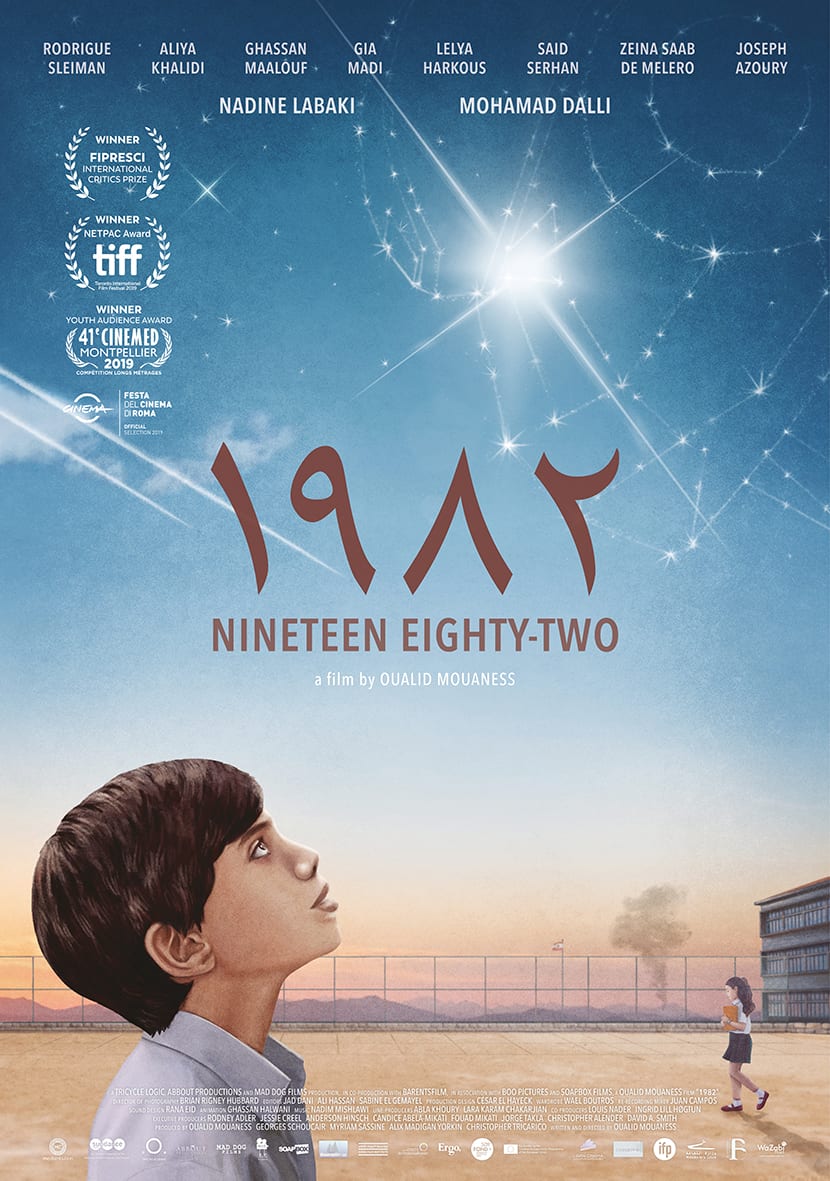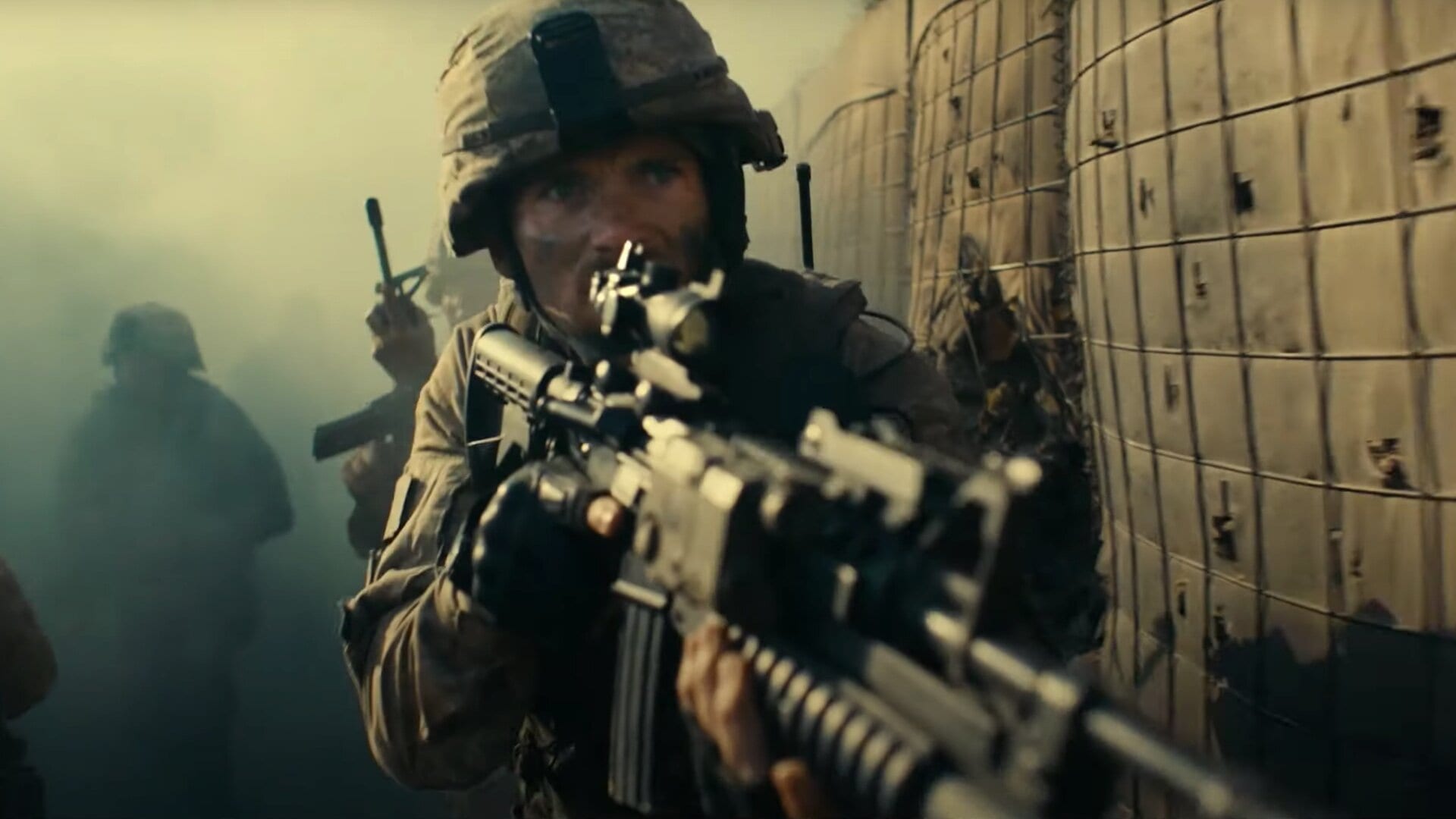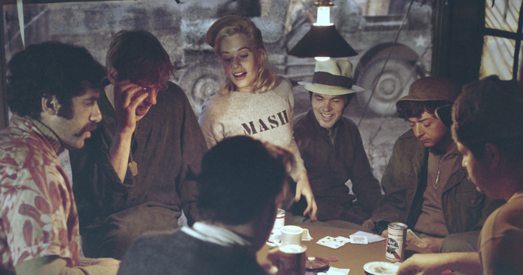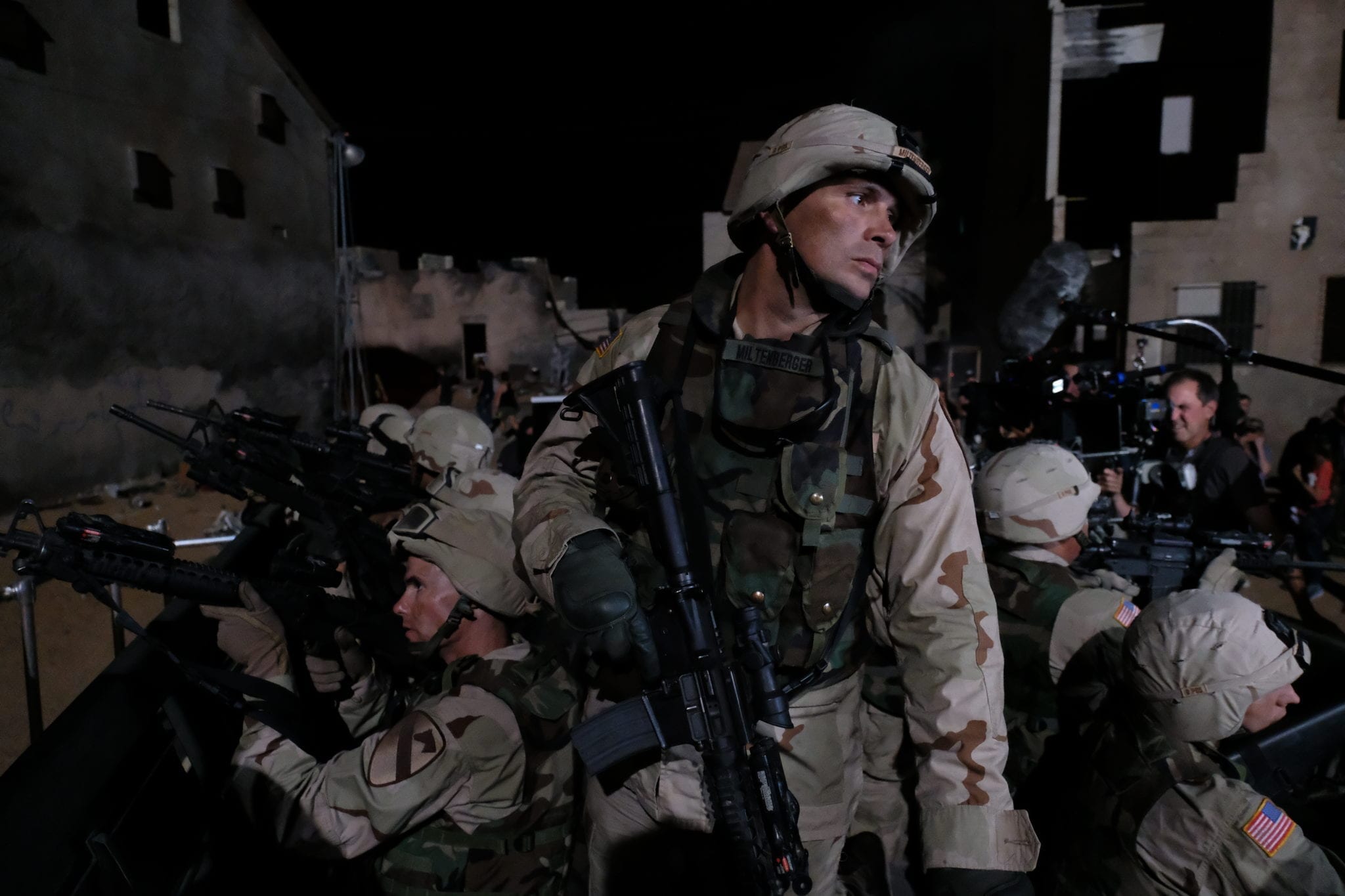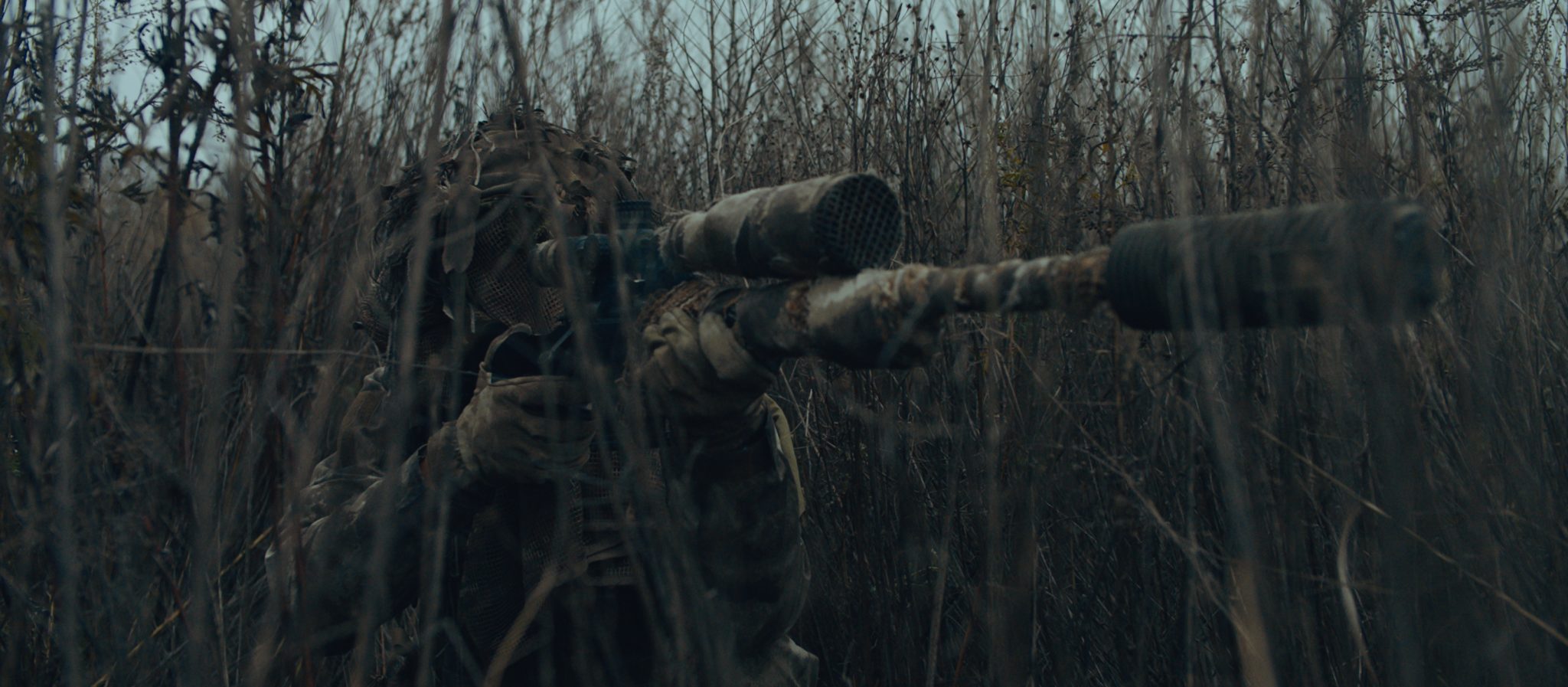
Sniper: The White Raven – Is this Ukraine’s soul?
Sniper: The White Raven is the story Ukraine wants to tell about itself in the midst of its war with Russia. Director and co-writer Marian Bushan leads us to see those fighting for their country as heroic and determined. Certainly, this is in line with the accounts we have seen in news accounts. But I…

